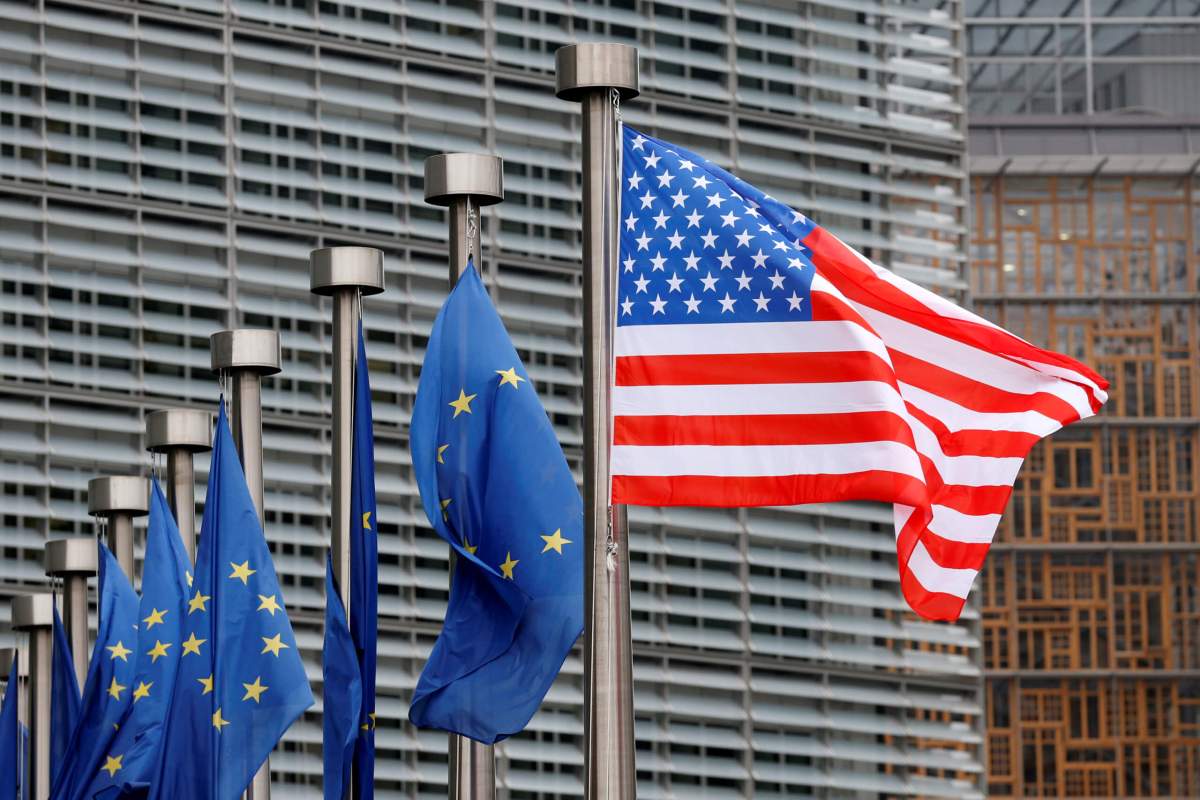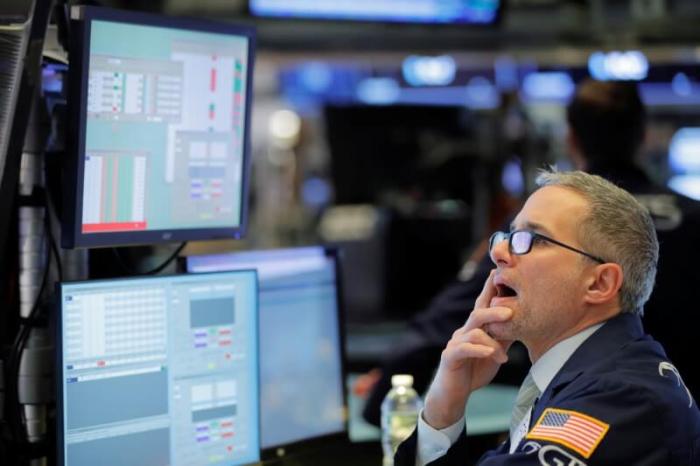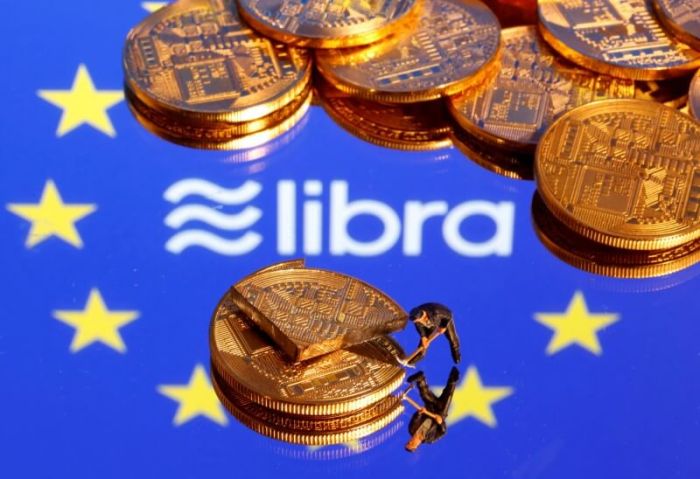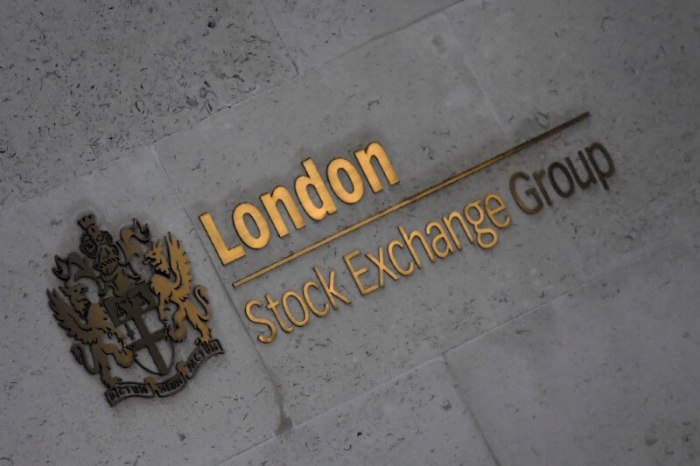WASHINGTON (Reuters) – The European Union is as strong economically as the United States, and will respond to any additional U.S. tariffs with duties of its own on U.S. products, Germany’s ambassador to the United States, Emily Haber, said on Wednesday.
In Davos, Switzerland, U.S. President Donald Trump on Wednesday renewed his threat to impose tariffs of up to 25% on imports of cars from the EU if the bloc does not agree to a trade deal.
Haber told an event hosted by the Center for Strategic and International Studies the EU would respond “in the same dimension and the same vein.”
French Ambassador Philippe Etienne told the same event that the EU was pushing for negotiated settlements of disputes with Washington over aircraft subsidies and digital taxes, warning that escalating tit-for-tat tariffs would hurt both economies.
“It is not in our interest to have an escalation of tariffs,” he said.
Washington and Brussels remain embroiled in difficult negotiations over a host of trade issues ranging from aircraft subsidies, trade barriers, and plans by France and other European countries to impose taxes on digital services.
French President Emmanuel Macron and Trump this week agreed to a truce at least on one front: France will suspend down payments for its 3% digital tax in exchange for Washington delaying – at least until year-end – a move to slap tariffs of up to 100% on $2.4 billion list of French imports.
Separately, Washington has already imposed a 25% tariff on a raft of European wines and other goods, and a 10% tariff on aircraft, in a long-running pair of cases before the World Trade Organization over aircraft subsidies. It warned in December that it would raise those tariffs and expand the list of affected products.
The EU is poised to respond with its own tariffs on the aircraft subsidy issue this spring, following an expected WTO decision. EU officials have pushed Washington to resolve the dispute, but those discussions have not seen much movement.
(Reporting by Andrea Shalal; Editing by Lisa Shumaker)

























